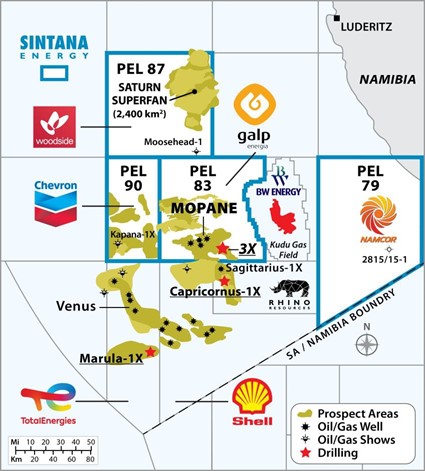
Article content The untold story of Saskatchewan’s surprising growth spurt of the last 20 years has been one of immigration. If it were not for immigration, it might have been the same old Saskatchewan story. While births have continued to slightly outpace deaths in this province, the long-standing problem of out-migration outstripping in-migration has continued even during Saskatchewan’s population boom (except for a brief period in the late 2000s).
And perhaps the even more untold story in this success has been the Saskatchewan Immigration Nomination Program (SINP). While SINP isn’t the only reason for the increase in Saskatchewan immigration (a solid economy for a generation has had a lot to do with it), the program that has fast tracked immigrants for jobs when no one else can fill the vacancy has been critical. The program “invites residency applications from non-Canadians who want to make Saskatchewan their home” and promotes itself as “one of the steps toward becoming a permanent resident in Saskatchewan”, says its website.

Of course, all approved applicants “must also apply for residency through Immigration, Refugees and Citizenship Canada (IRCC) Canadian Immigration Commission.” However, having this program that has made it slightly easier to get work and eventually settle in Canada — a program the Saskatchewan Party government certainly made better — has been a great thing for a province that immigrants wouldn’t necessarily view as their first choice. The results seem to speak for themselves.
Our once-stagnant population has increased a quarter-million people to 1,246,691 (as of October 2024) — even as interprovincial migration numbers continued to consistently show net out-migration. In fact, population growth — specifically, population growth through immigration — has pretty much become the Sask. Party government’s brand.
Unfortunately, SINP job applications, so critical to both Saskatchewan’s economy and its growth, have been put on hold. “Due to the federal government’s decision to reduce nomination allocations to the SINP by 50 per cent in 2025, the intake of all new Job Approval Forms (JAFs) has been temporarily paused,” the government explained in a written statement. “During this brief pause period, the Ministry will be reviewing existing application inventories, labour market priorities and what program changes will be necessary due to the federal cuts.
” Unclear is why either the review of existing applications or labour market priorities is needed ...
or even why it was necessary for a complete halt, even with the federal government to reduce SINP in half. What is accepted is that it will have an impact. “ We recognize that the SINP has been essential for Saskatchewan employers seeking to hire international workers when qualified Canadian workers are unavailable.
However, given this dramatic reduction in available spots, program changes will be necessary to ensure fair and effective management of our limited allocation. ” The government statement further acknowledged Saskatchewan and its employers “will be disproportionately impacted by this cut” because other provinces get most of their newcomers through other federal immigration programs. “Unfortunately, no flexibility or exceptions can be made to the temporary pause, as no flexibility or exceptions exist in the new federal requirements,” the statement said.
Employers who use the program to find newcomers to fill jobs are calling the news shocking. But it’s even more shocking for newcomers who benefited from this made-in-Saskatchewan program. In a recent story by the CBC’s Alexander Quon, Saskatoon resident Salim Multani called it “unimaginable,” explaining that when he moved to Saskatoon, SINP was an easier way to get permanent Canadian residency.
While some will write this off as another case of the problems a province has when it has a dysfunctional relationship with Ottawa, it’s just as likely that this is the outcome of a dysfunctional federal government again oblivious to specific Saskatchewan needs and what happened to be working well in his province. What’s likely more consequential is the outcome — that one of the big drivers of Saskatchewan’s population growth for the past 20 years is now on hold. And in a year when we are facing a trade war crisis, this is very unfortunate.
Mandryk is the political columnist the Regina Leader-Post and the Saskatoon StarPhoenix. Our websites are your destination for up-to-the-minute Saskatchewan news, so make sure to bookmark thestarphoenix.com and leaderpost.
com . For Regina Leader-Post newsletters click here ; for Saskatoon StarPhoenix newsletters click here Share this Story : Mandryk: Halting SINP jeopardizes 20 years of Saskatchewan population growth Copy Link Email X Reddit Pinterest LinkedIn Tumblr.














